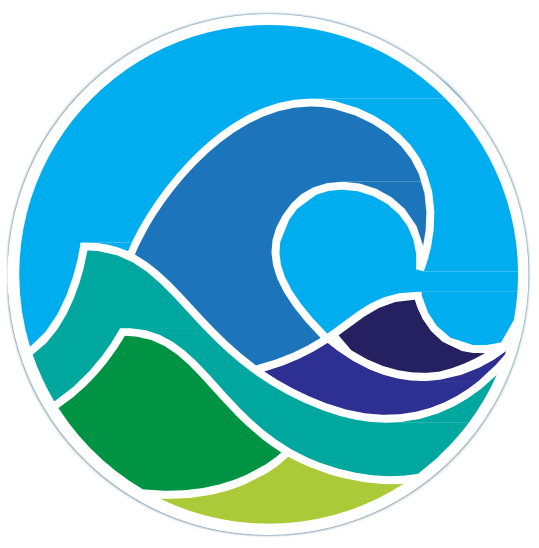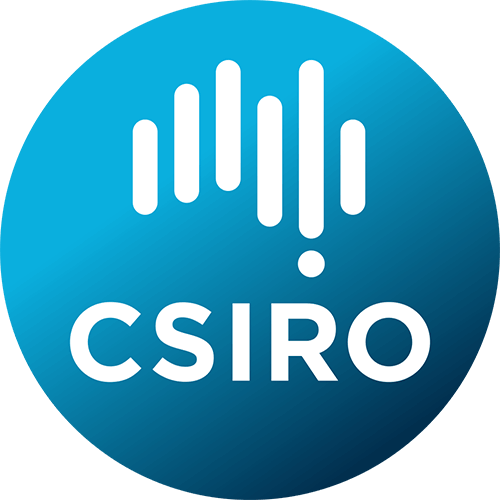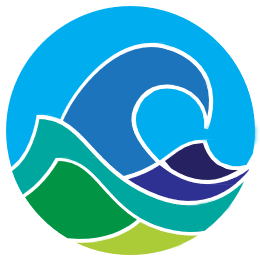Contact Us
#futureseas2030

10. The future of ocean governance
Governance of sovereign and common pool resources
Summary
Ocean governance is complex and influenced by multiple drivers and actors with different worldviews and goals. While governance encompasses many elements, in this paper we focus on the processes that operate within and between states, civil society and local communities, and the market, including industry. Specifically, in this paper, we address the question of how to move towards more sustainable ocean governance aligning with the sustainable development goals (SDGs) and the UN Ocean Decade. We address three major risks to oceans that arise from governance-related issues:
(1) the impacts of the overexploitation of marine resources;
(2) inequitable distribution of access to and benefits from marine ecosystem services, and
(3) inadequate or inappropriate adaptation to changing ocean conditions.
The SDGs have been used as an underlying framework to develop these risks. We identify five drivers that may determine how ocean governance evolves, namely formal rules and institutions, evidence and knowledge-based decision-making, legitimacy of decision-making institutions, stakeholder engagement and participation, and empowering communities. These drivers were used to define two alternative futures by 2030:
(a) ‘Business as Usual’—a continuation of current trajectories and
(b) ‘More Sustainable Future’—optimistic, transformational, but technically achievable.
We then identify what actions, as structured processes, can reduce the three major governance-related risks and lead to the More Sustainable Future. These actions relate to the process of co-creation and implementation of improved, comprehensive, and integrated management plans, enhancement of decision-making processes, and better anticipation and consideration of ambiguity and uncertainty.
Publications
The future of ocean governance
Infographic
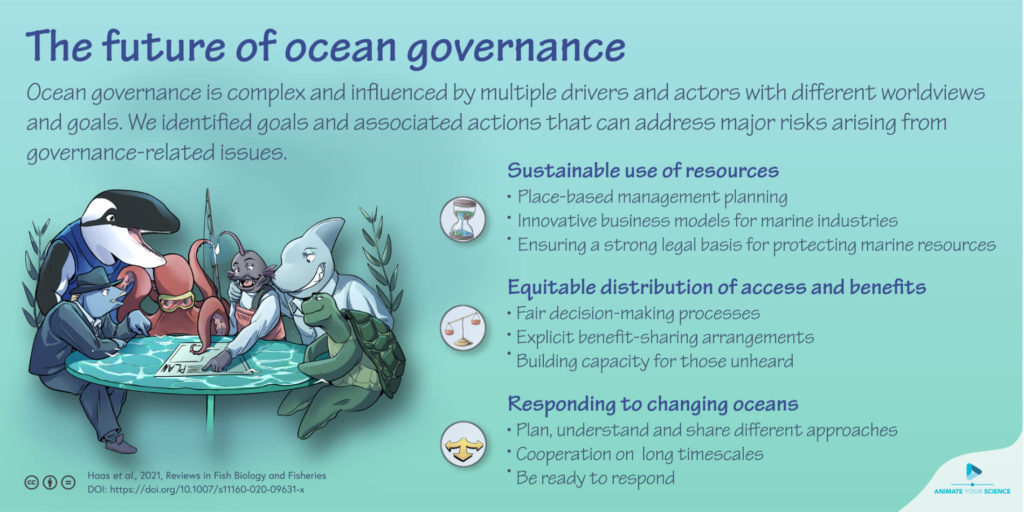
Lead Investigators

Bianca Haas
Institute for Marine and Antarctic Studies / CMS

Dr Mary Mackay
CSIRO Oceans & Atmosphere / CMS
Anchor

Prof Marcus Haward
Institute for Marine and Antarctic Studies / CMS
Co-Authors
Meet our fellow team members who contribute to the success of this project.

Karen Alexander
Institute for Marine and Antarctic Studies / CMS

Joanna Vince
School of Social Sciences, University of Tasmania / CMS

Carolina Garcia
Institute for Marine and Antarctic Studies / CMS

Jan McDonald
School of Law, University of Tasmania / CMS

Phillipa McCormack
School of Law, University of Tasmania / CMS

Yannick Rousseau
Institute for Marine and Antarctic Studies / CMS

Camilla Novaglio
Institute for Marine and Antarctic Studies / CMS

Fabio Boschetti
CSIRO Oceans and Atmosphere

Jeff McGee
School of Law / Institute for Marine and Antarctic Studies / CMS

Lyn Goldsworthy
Institute for Marine and Antarctic Studies / CMS

Carla Sbrocchi
University of Technology Sydney / CMS

Maree Fudge
Institute for Marine and Antarctic Studies, University of Tasmania / CMS

Chris Wilcox
CSIRO Oceans and Atmosphere

Leo Dutra
CSIRO Oceans & Atmosphere / Centre for Marine Socioecology / School of Marine Studies, The University of the South Pacific

Liam Fullbrook
Institute for Marine and Antarctic Studies, University of Tasmania / CMS / PandIR UTAS

Erica Spain
Institute for Marine and Antarctic Studies / Antarctic Gateway Partnership

Michael Murunga
Institute for Marine and Antarctic Studies / CMS

Ian Dutton
DPIPWE, Tasmania

Rob Stephenson
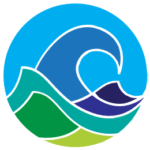
future seas
FUTURE SEAS is a unique collaboration , spear-headed by the Centre for Marine Socioecology, of over 100 researchers from the University of Tasmania (UTAS), the Commonwealth Scientific and Industrial Research Organisation (CSIRO) and other institutions
Contact UsOther Links
Project flyerPartners
Copyright 2026 Future Seas.
